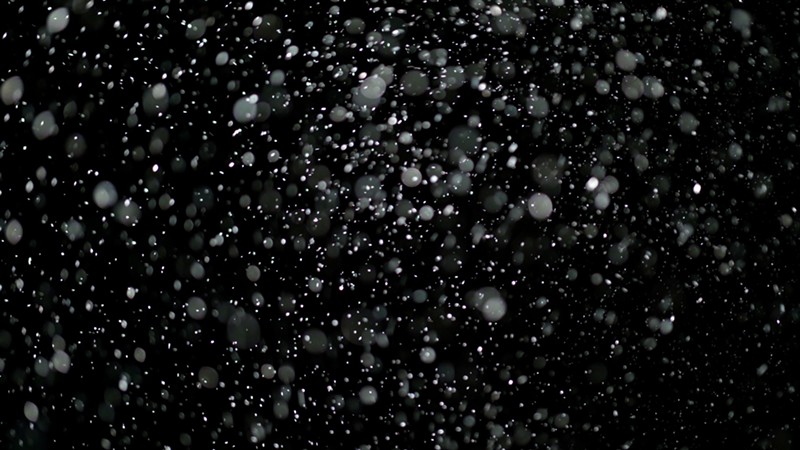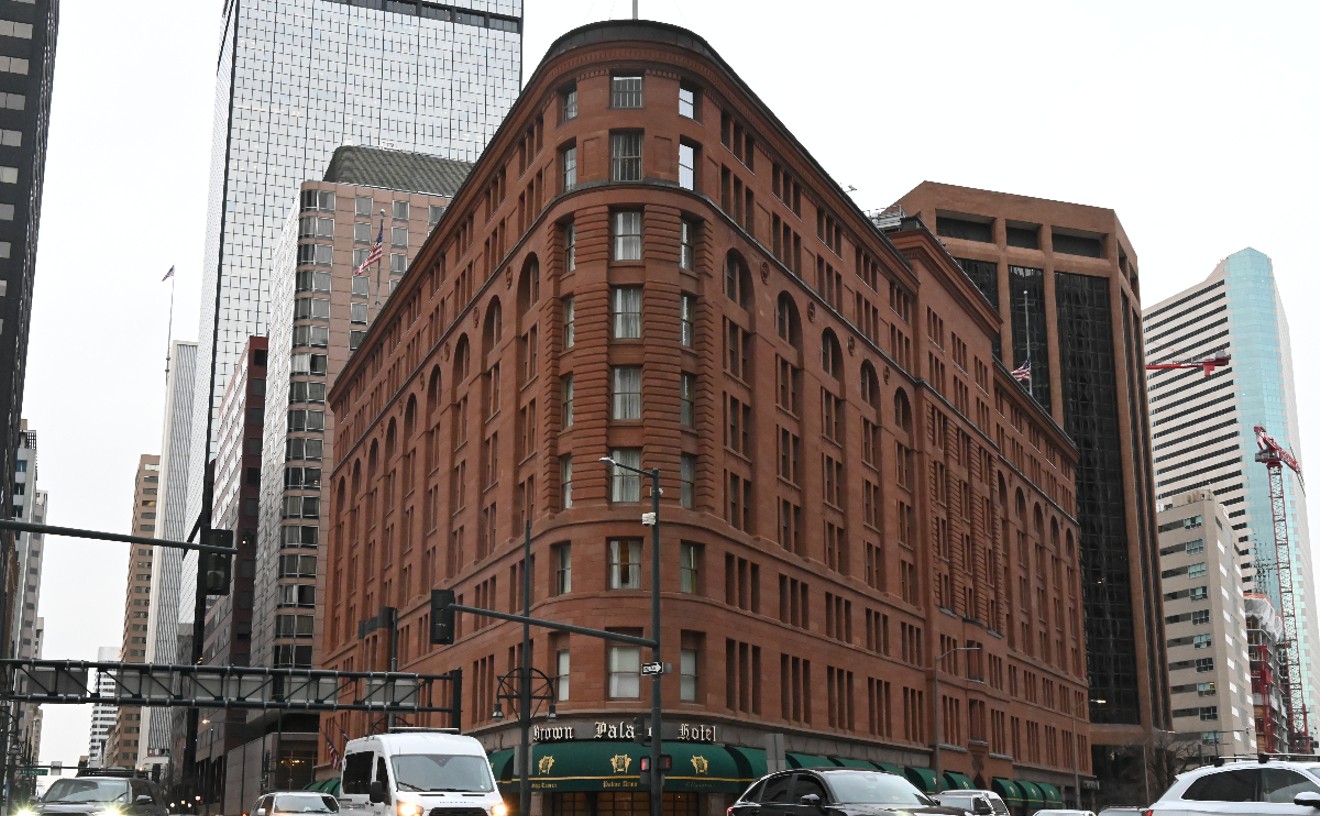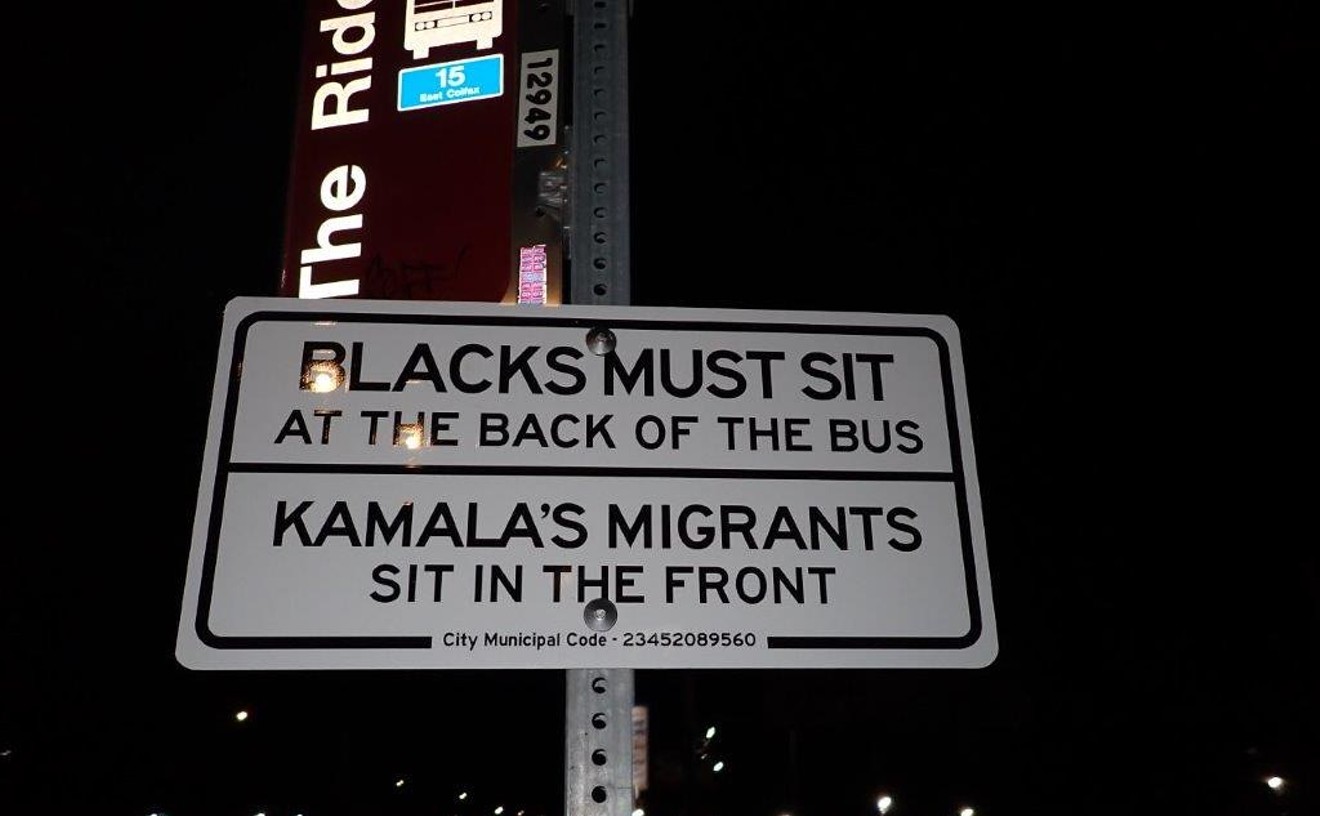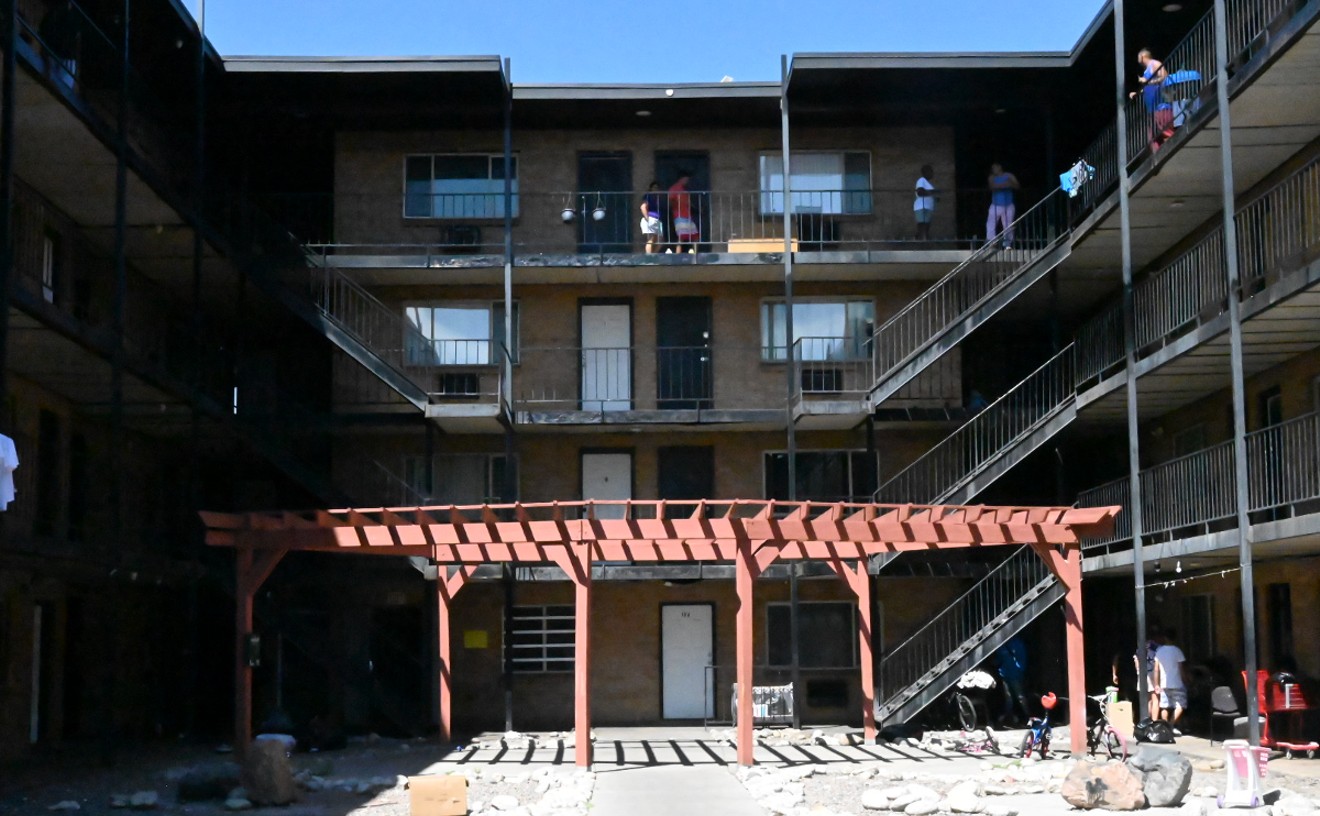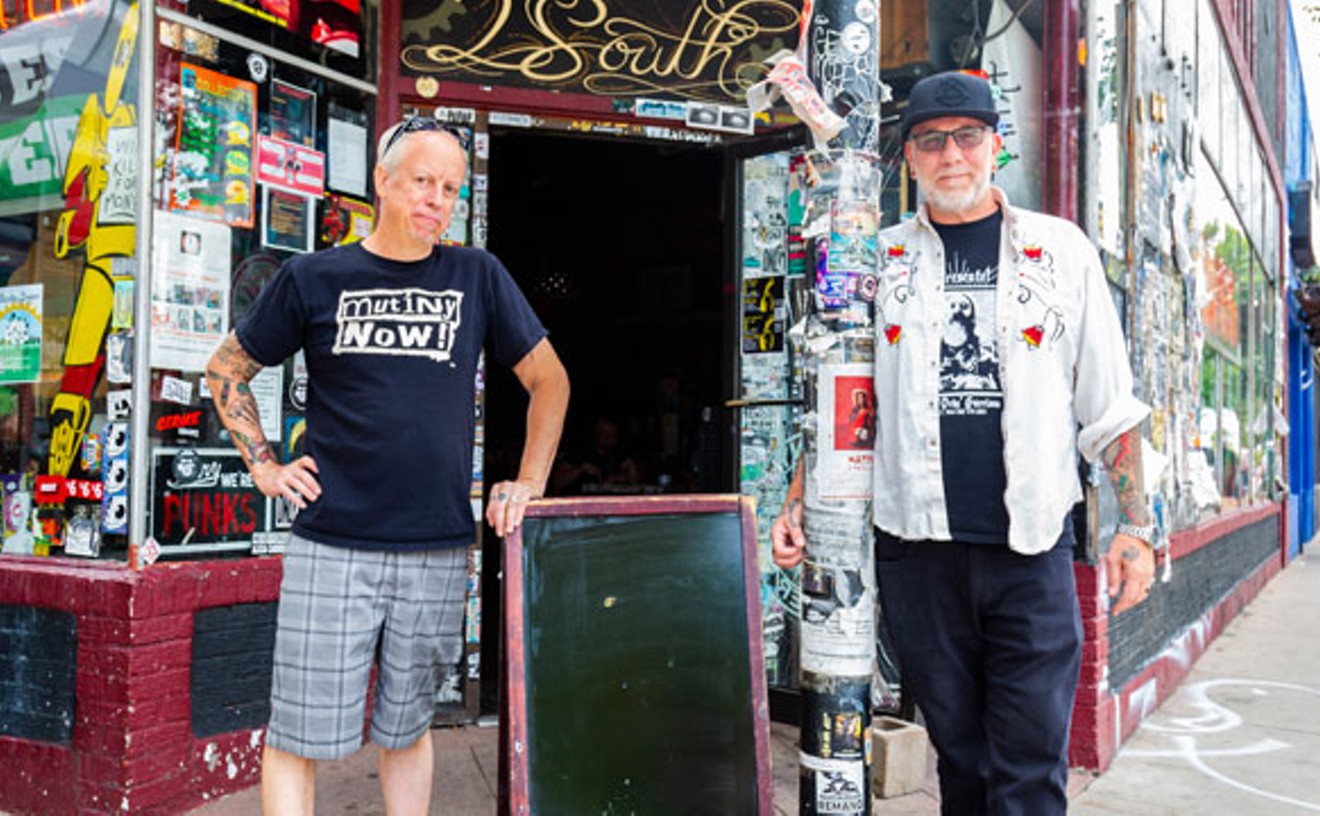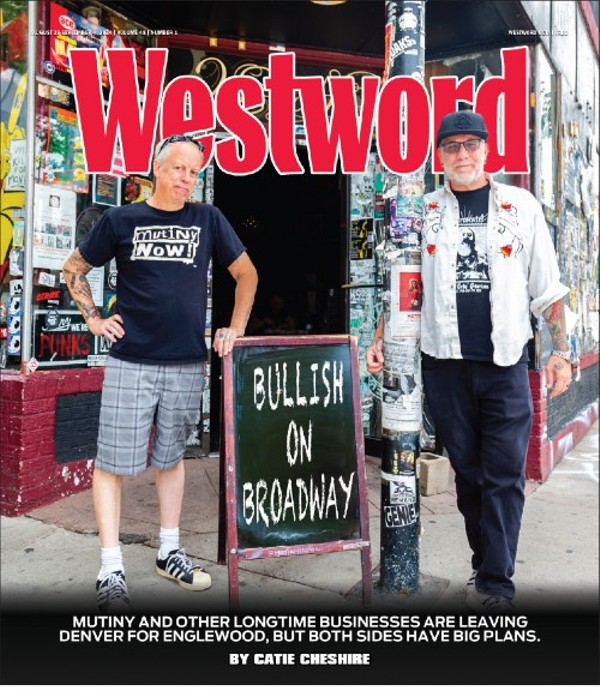I feel silly being so depressed about living without power since the bomb cyclone hit on March 13. Especially when I think back to that morning.
In the winter of 2014, our first in Denver, I was driving too fast on Speer, hit a patch of ice, and slammed into the back of an SUV. (Wag your finger, native, but how's a girl from south Texas supposed to know how to drive on snow?) I'm still a little shaky on ice, so I avoid roads at all costs and decided to work from home on Wednesday. Snuggled on the couch, I joyfully browsed through everyone's snow pictures and sent something irreverent of my own into the Twitterverse, about the desire to eat chocolate pudding after breakfast (working in PJs makes you do weird things, nyuck, nyuck). I would look outside at the snow falling, at first lightly, then in sheets, and sigh: How beautiful Colorado can be! When the power died around noon, my husband and I played card games and read.
When the lights still hadn't come on by 9 p.m., we grabbed our camping lanterns and headlamps and set about going to bed, my privileged brain convinced our power would come on in the middle of the night. I awoke every so often with a start, to what I thought was our heater clicking on. But the warmth never came. Still hasn't. The sounds I heard were our seventy-year-old house resting after withstanding hurricane-force winds.
But back to that day.
For future reference, the only restaurants open during a blizzard on Federal between West Jewell and South Evans avenues are Taco Bell, Burger King and a panaderia named San Antonio. Even McDonald's is closed, save for the drive-thru.
After being cooped up for ten hours, my husband and I had decided to trek down a deserted Federal to eat dinner, settling on Taco Bell because even a hint of some tropical land sounded better than nuggets and fries. I tried to open the door, but it was locked, even though there were people inside. My heart sank: We had walked all this way! Then an older woman put down what she was eating and opened the door for us, the small token of generosity fitting perfectly into the stranded-neighbors-banding-together narrative I had built in my head.
Phones charged and crunchy tacos consumed, we set out for home, vowing to always choose Taco Bell over other fast-food joints if we had a choice. It was the least we could do for the warmth, the battery life, the Fire salsa.
Before we left, we had flipped the switch to our front-door light, hoping for a beacon home. But walking down the length of our street, we could see that everyone else's lights were on except for ours and those of our two neighbors to the north.
That's still the case.
We've fooled ourselves a few more times since, leaving the light switch on only to come home to darkness. The novelty of the storm — the playing cards, the camping lanterns, the Taco Bell — has worn off, and now we're just cold. Close to freezing, actually: Our house was 41 degrees when I left this morning.
The reason I feel silly being so depressed about losing power is because we have options, unlike a lot of the 22,500 people still without power in Denver as of late this morning. Friends have offered their spare bedrooms ("Bring the cat!," bless them), and we could afford to stay in a hotel if we had to. We don't have children or anyone living with us whose life depends on electricity.
Three days without a coffeemaker, I'm embarrassed to admit that I've been thinking a lot about loss. Real loss, not the temporary kind we're experiencing.
Soon after Harvey made landfall in Texas, I visited my father in his tiny coastal town. He and his two cats had holed up with a generous ex-girlfriend while FEMA assessed the relatively minor damage to his trailer, which by some miracle had just missed the eye of a storm that sunk nearly half the state.
The town's pretty poor as it is, and relies mostly on tourism. In the absence of flip-flopped beach-goers with big wallets were encampments on the side of the road offering up free cups of coffee, meals and clothing to the restaurant workers, the grocery-store cashiers who'd lost everything. Driving around, I probably looked like a gawking tourist taking in all the trauma, the pain, the wreckage, processing it as if it were my own.
I've been thinking about Puerto Rico, Flint — places that can't even trust their water. And I think about people who've never known clean water and electricity at all.
This will all be a distant dream someday, just another sad storm story to tell friends back in Texas about what life in Colorado is like. Our heat will eventually come on, we will have shelter when the next storm comes, and we'll have supplies stocked up to turn lemons into margaritas.
But for many, the storm continues, with no end in sight.

Audio By Carbonatix
[
{
"name": "Air - MediumRectangle - Inline Content - Mobile Display Size",
"component": "12017618",
"insertPoint": "2",
"requiredCountToDisplay": "2",
"watchElement": ".fdn-content-body",
"astAdList": [
{
"adType": "rectangle",
"displayTargets": "mobile"
}
]
},{
"name": "Editor Picks",
"component": "17242653",
"insertPoint": "4",
"requiredCountToDisplay": "1",
"watchElement": ".fdn-content-body",
"astAdList": [
{
"adType": "rectangle",
"displayTargets": "desktop|tablet"
},{
"adType": "rectangle",
"displayTargets": "desktop|tablet|mobile"
}
]
},{
"name": "Inline Links",
"component": "18838239",
"insertPoint": "8th",
"startingPoint": 8,
"requiredCountToDisplay": "7",
"maxInsertions": 25
},{
"name": "Air - MediumRectangle - Combo - Inline Content",
"component": "17261320",
"insertPoint": "8th",
"startingPoint": 8,
"requiredCountToDisplay": "7",
"maxInsertions": 25,
"watchElement": ".fdn-content-body",
"astAdList": [
{
"adType": "rectangle",
"displayTargets": "desktop|tablet"
},{
"adType": "rectangle",
"displayTargets": "desktop|tablet|mobile"
}
]
},{
"name": "Inline Links",
"component": "18838239",
"insertPoint": "8th",
"startingPoint": 12,
"requiredCountToDisplay": "11",
"maxInsertions": 25
},{
"name": "Air - Leaderboard Tower - Combo - Inline Content",
"component": "17261321",
"insertPoint": "8th",
"startingPoint": 12,
"requiredCountToDisplay": "11",
"maxInsertions": 25,
"watchElement": ".fdn-content-body",
"astAdList": [
{
"adType": "leaderboardInlineContent",
"displayTargets": "desktop|tablet"
},{
"adType": "tower",
"displayTargets": "mobile"
}
]
}
]

